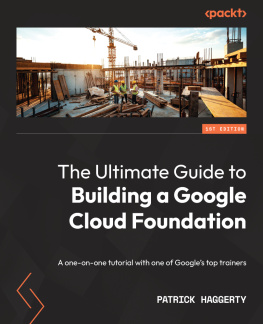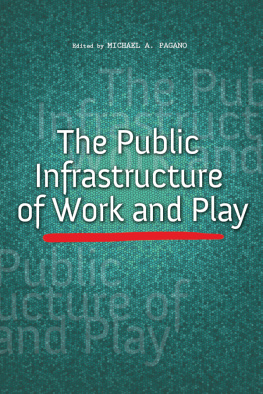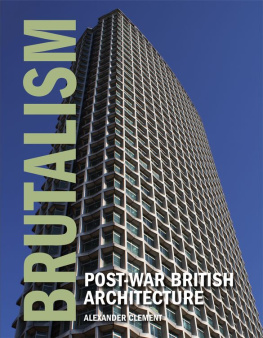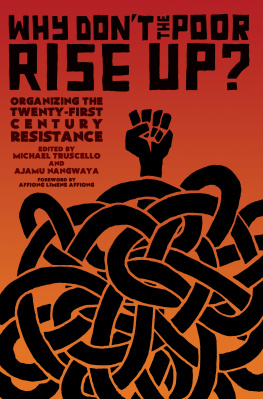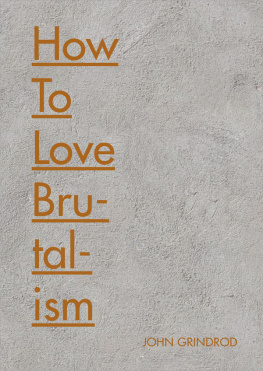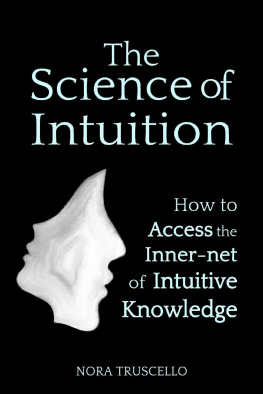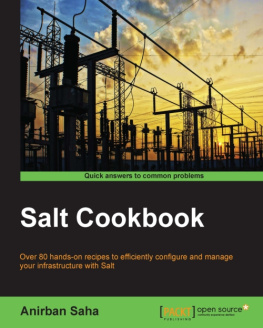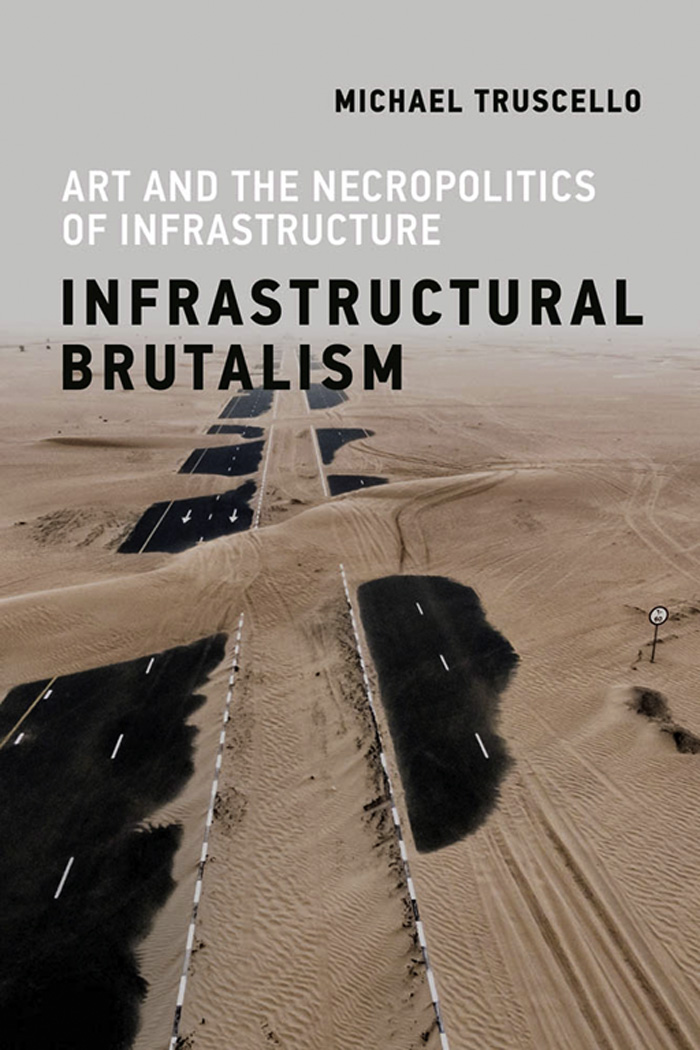
Infrastructural Brutalism
Infrastructures Series
edited by Geoffrey C. Bowker and Paul N. Edwards
Paul N. Edwards, A Vast Machine: Computer Models, Climate Data, and the Politics of Global Warming
Lawrence M. Busch, Standards: Recipes for Reality
Lisa Gitelman, ed., Raw Data Is an Oxymoron
Finn Brunton, Spam: A Shadow History of the Internet
Nil Disco and Eda Kranakis, eds., Cosmopolitan Commons: Sharing Resources and Risks across Borders
Casper Bruun Jensen and Brit Ross Winthereik, Monitoring Movements in Development Aid: Recursive Partnerships and Infrastructures
James Leach and Lee Wilson, eds., Subversion, Conversion, Development: Cross-Cultural Knowledge Exchange and the Politics of Design
Olga Kuchinskaya, The Politics of Invisibility: Public Knowledge about Radiation Health Effects after Chernobyl
Ashley Carse, Beyond the Big Ditch: Politics, Ecology, and Infrastructure at the Panama Canal
Alexander Klose, translated by Charles Marcrum II, The Container Principle: How a Box Changes the Way We Think
Eric T. Meyer and Ralph Schroeder, Knowledge Machines: Digital Transformations of the Sciences and Humanities
Sebastin Ureta, Assembling Policy: Transantiago, Human Devices, and the Dream of a World-Class Society
Geoffrey C. Bowker, Stefan Timmermans, Adele E. Clarke, and Ellen Balka, eds., Boundary Objects and Beyond: Working with Leigh Star
Clifford Siskin, System: The Shaping of Modern Knowledge
Lawrence Busch, Knowledge for Sale: The Neoliberal Takeover of Higher Education
Bill Maurer and Lana Swartz, Paid: Tales of Dongles, Checks, and Other Money Stuff
Dietmar Offenhuber, Waste Is Information: Infrastructure Legibility and Governance
Katayoun Shafiee, Machineries of Oil: An Infrastructural History of BP in Iran
Megan Finn, Documenting Aftermath: Information Infrastructures in the Wake of Disasters
Laura Watts, Energy at the End of the World: An Orkney Islands Saga
Ann M. Pendleton-Jullian and John Seely Brown, Design Unbound: Designing for Emergence in a White Water World, Volume 1: Designing for Emergence
Ann M. Pendleton-Jullian and John Seely Brown, Design Unbound: Designing for Emergence in a White Water World, Volume 2: Ecologies of Change
Jordan Frith, A Billion Little Pieces: RFID and Infrastructures of Identification
Morgan G. Ames, The Charisma Machine: The Life, Death, and Legacy of One Laptop Per Child
Mario Biagioli and Alexandra Lippman, eds., Gaming the Metrics: Misconduct and Manipulation in Academic Research
Malcolm McCullough, Downtime on the Microgrid: Architecture, Electricity, and Smart City Islands
Emmanuel Didier, translated by Priya Vari Sen, America by the Numbers: Quantification, Democracy, and the Birth of National Statistics
Ryan Ellis, Letters, Power Lines, and Other Dangerous Things: The Politics of Infrastructure Security
Michael Truscello, Infrastructural Brutalism: Art and the Necropolitics of Infrastructure
Infrastructural Brutalism
Art and the Necropolitics of Infrastructure
Michael Truscello
The MIT Press
Cambridge, Massachusetts
London, England
2020 Massachusetts Institute of Technology
This work is subject to a Creative Commons CC-BY-NC-ND license. Subject to such license, all rights are reserved.

The open access edition of this book was made possible by generous funding from Arcadiaa charitable fund of Lisbet Rausing and Peter Baldwin.

This book was set in ITC Stone Serif Std and ITC Stone Sans Std by New Best-set Typesetters Ltd.
Library of Congress Cataloging-in-Publication Data
Names: Truscello, Michael, author.
Title: Infrastructural brutalism : art and the necropolitics of infrastructure / Michael Truscello.
Description: Cambridge : The MIT Press, 2020. | Series: Infrastructures | Includes bibliographical references and index.
Identifiers: LCCN 2019041455 | ISBN 9780262539043 (paperback)
Subjects: LCSH: Landscapes in art. | LandscapesSymbolic aspects. | Infrastructure (Economics) | Arts and society.
Classification: LCC NX650.L34 T78 | DDC 704.9/436dc23
LC record available at https://lccn.loc.gov/2019041455
10 9 8 7 6 5 4 3 2 1
d_r0
Contents
Acknowledgments
I extend a sincere thanks to the people at the MIT Press for their patience and diligence in ushering this book to completion. In particular, I wish to thank Katie Helke, Justin Kehoe, and Matthew Abbate.
While my first academic presentation on the broad subject of infrastructure dates back to 2002, it was not until several years later that my own thinking on the subject caught up with the excellent work of many others in what is now the field of infrastructure studies. I was also deeply influenced by moving from Ontario to Alberta for a new job in 2010, a move that situated my research in geographical proximity to the Canadian oil industry. Im not sure if this proximity provides my scholarship with an unwarranted sense of pessimism or an accidental shade of realism, but it did put me in touch with the wonderful scholars of the Petrocultures Research Cluster from the University of Alberta. This book benefits from conference presentations and discussions with many of the scholars aggregated under the Petrocultures label. In particular, I wish to thank the following for generative encounters over the years: Imre Szeman, Sheena Wilson, Mark Simpson, Graeme Macdonald, Stephanie LeMenager, Darin Barney, Dominic Boyer, Jordan B. Kinder, and Adam Carlson. I wish to extend a special thanks to Graeme Macdonald, Stephanie LeMenager, and Allan Stoekl for sitting for interviews that later appeared in a film I made called Petroculture: A Short Film (on YouTube at https://youtu.be/iAU_I1TSFpk). Dolly Jrgensen kindly accepted my proposal to participate in the Aesthetics of the Energy Landscape workshop in May 2016 in Lule, Sweden. This was a fantastic workshop in a beautiful part of Sweden that introduced me to a number of students and professors who were working at the intersection of infrastructure and aesthetics, which was inspiring for me after working on the book in solitude for many months. Thank you, Dolly! Some of the material on the suicidal state I prepared for an invited keynote at the University of Victoria for the 2016 Nihilism.Hope Conference put on by graduate students in Cultural, Social and Political Thought; thank you to the organizers, Galina Scolnic, Russell Elliott, and Tim Charlebois, and a special thanks to David Miller. Jan Jagodzinski and Jessie Beier invited me to the University of Alberta to talk about environmentalist documentaries, part of a series of talks that became Interrogating the Anthropocene, and I am very appreciative to have participated in such a project. In a similar sense, I wish to thank Pauline Destree and Hannah Knox for organizing The Art of Infrastructure panels at the Art, Materiality and Representation conference at the British Museum in 2018; it was edifying to encounter scholars who share my passion for art and infrastructure.
Next page

